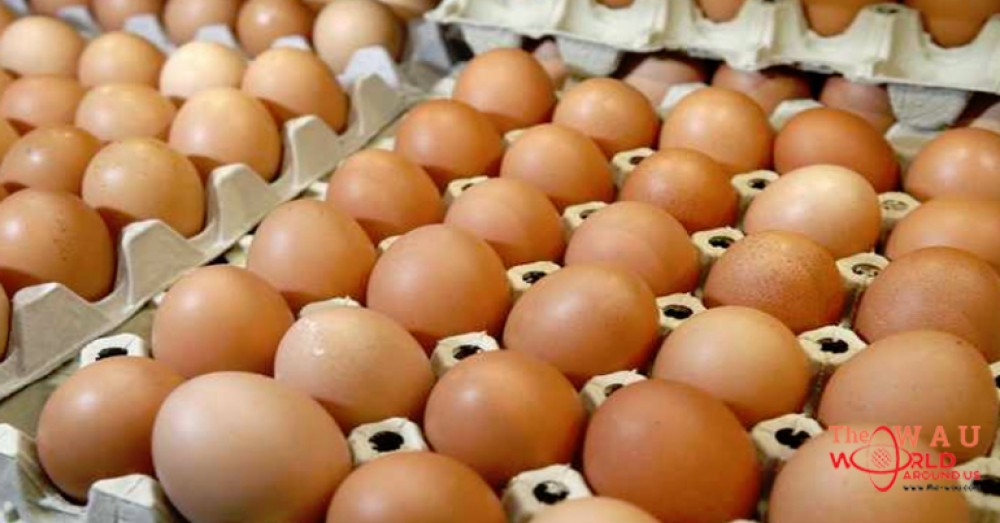Live birds and non-heat-treated bird products from East Malaysia have been banned in the UAE following an outbreak of the HSN1 bird flu on a farm, said the UAE Ministry of Climate Change and Environment (MOCCAE) on Thursday.
The ban applies on the import of poultry meat and non-heat-treated by-products and table eggs from the state of Sabah. However, thermally-treated poultry products (meat and eggs) have been cleared for import from all parts of Malaysia.
The ban follows the notification on August 6 from the World Organisation for Animal Health (OIE) of the outbreak of a highly contagious strain of H5N1 bird flu on a farm in East Malaysia.
Sheikh Dr Majid Sultan Al Qassimi, Assistant Undersecretary for the Food Diversity Sector at MOCCAE, said: "Through taking immediate precautionary measures to curb any strains of the bird flu virus that has affected East Malaysia from reaching the UAE, MOCCAE hopes to ensure bio-security levels and prevent the spread of pathogens in the country. We are confident such efforts will mitigate the impact of the bird flu on the UAE's poultry health and safety, in addition to protecting public health and well-being."
MOCCAE is carefully scrutinizing documentation accompanying consignments (certificate of origin, health certificate and halal certifications, among others) of food products shipped into the country. The Ministry is also conducting sensory detection to ensure that the quality of the products - as per their identification cards - complies with the UAE's stringent standards. Samples of food products from shipments are transferred to laboratories for the necessary tests to ensure they are safe and fit to enter the country.
Share This Post















